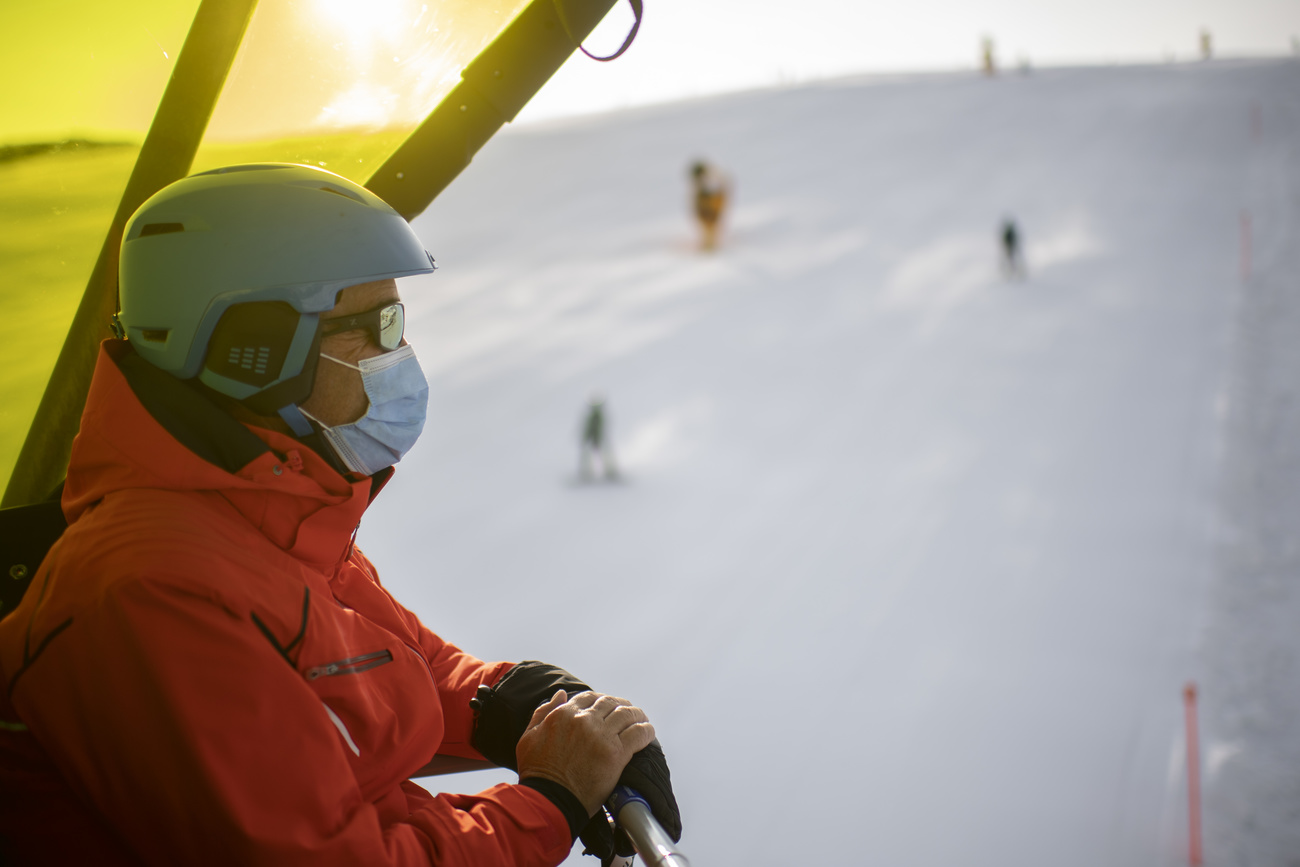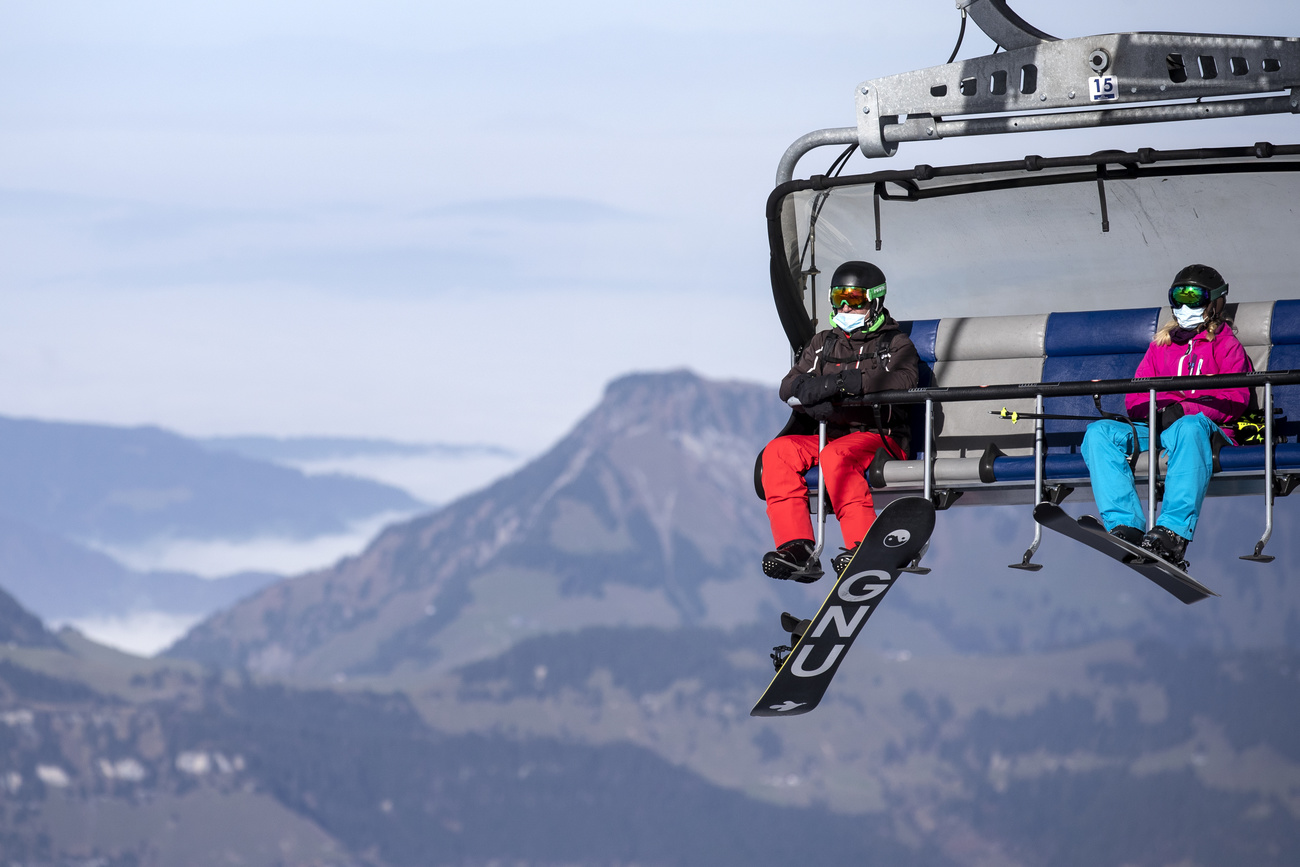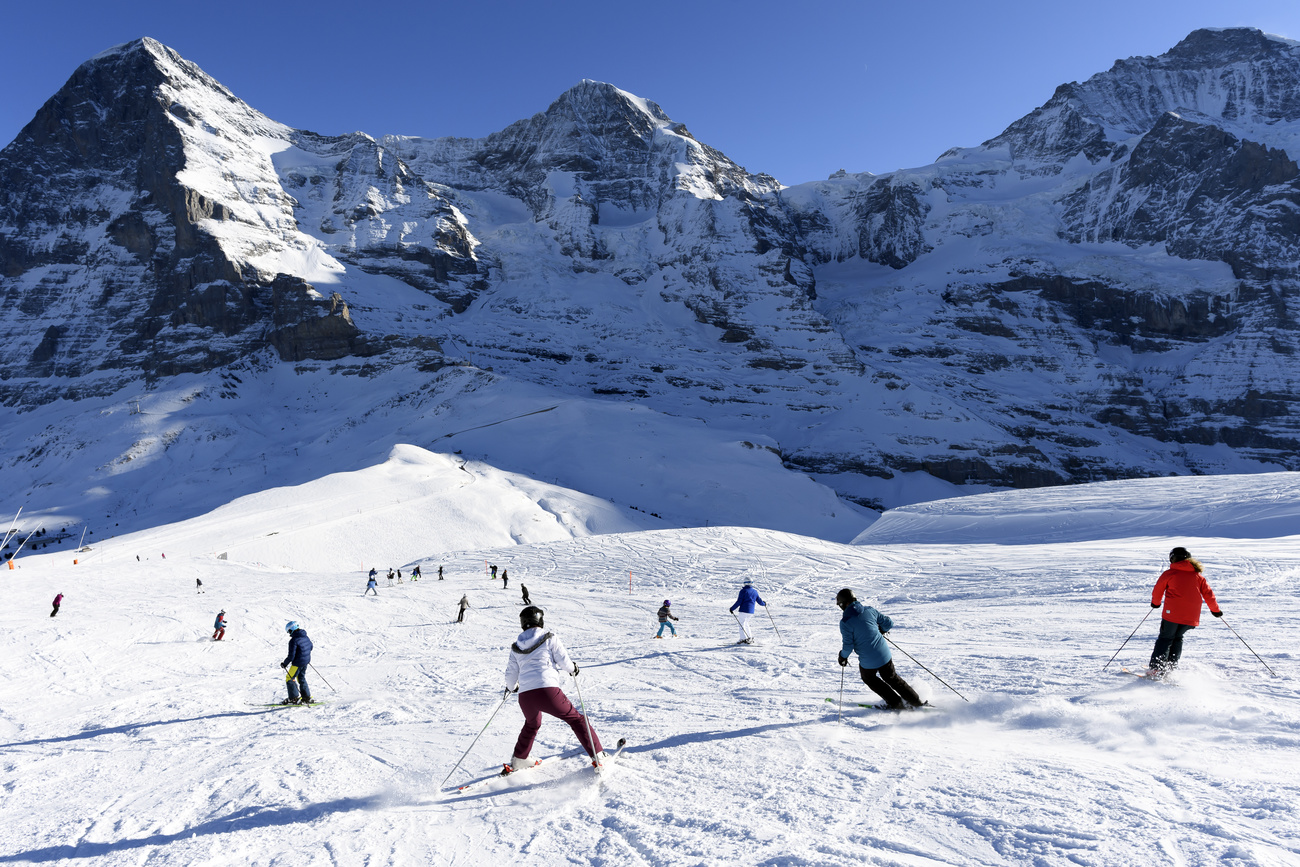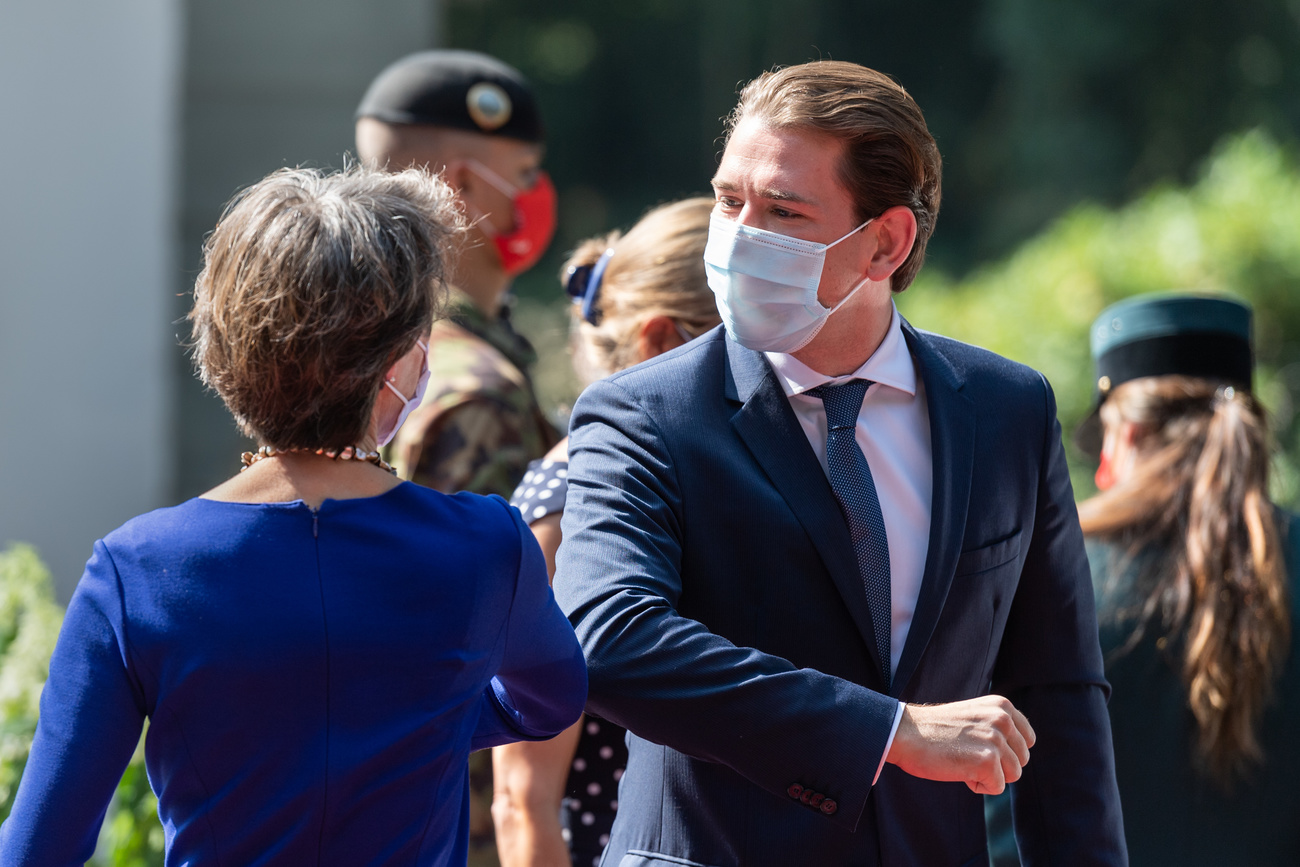Merkel calls for closure of ski resorts across EU

German chancellor Angela Merkel has called on the EU to close all ski resorts over Christmas and New Year in an effort to curb the spread of coronavirus, putting her on a collision course with Austria.
In a statement to the Bundestag, Ms Merkel appealed to people to avoid all tourist travel. “The skiing season is approaching, [and] we will push for a vote in Europe to close all ski resorts,” she told MPs.
She acknowledged, however, that Austria was opposed to the idea. “It doesn’t look like . . . it will be easy to do, but we will try again anyway,” she said.

Austria has signalled that it has no intention of closing its ski resorts. Chancellor Sebastian Kurz said on Wednesday it was “not a matter in which the EU should interfere”.
But there is clear disunity in the ranks of Alpine countries. In Italy, Prime Minister Giuseppe Conte warned his countrymen not to ski over Christmas and New Year, saying that “holidays on the snow” would not be possible this year. “We can’t afford it,” he said.
Jean Castex, the French prime minister, said ski resorts in France would remain open at Christmas but ski lifts would be closed.
German worries
German officials worry about a repeat of the first wave of infections, when Ischgl, the Austrian ski resort, became one of the most notorious superspreader events. Tourists from Israel to Singapore were infected with coronavirus while skiing there, and then unknowingly brought the virus back to their home countries.
Ms Merkel’s announcement in the Bundestag came hours after her video conference with the leaders of Germany’s 16 federal states, in which they decided to extend the country’s partial shutdown until December 20.
One of the measures they agreed on was an appeal to people to avoid all private tourist travel, including skiing holidays. The leaders also called on the German government to push for an EU-wide ban on skiing tourism until January 10.
Markus Söder, the powerful prime minister of Bavaria, said after the meeting that the point was not “to forbid all fun and pleasure from skiing”.
“But we’re simply worried about Austria,” he said. Mr Söder added that even the head of Austria’s medical association had warned of the risks.
The Austrian authorities, however, have rejected Germany’s misgivings. “Winter holidays in Austria will be safe,” said Elisabeth Köstinger, the country’s tourism minister, said on Wednesday. Officials say bars and entertainment will be strictly curbed and social-distancing measures enforced on ski lifts.
The ski sector contributes 4 per cent to Austria’s gross domestic product and accounts for almost 8 per cent of employment in the country over the winter months, said Carsten Brzeski, economist at ING. “Something like 25 per cent of all touristic accommodation can be related to the winter ski season [in Austria],” he said.
Switzerland not affected
In Switzerland, meanwhile, many of the country’s largest ski areas are already opening.
While restrictions apply in some of the western French-speaking cantons hardest hit by the new outbreak of infections, in others, such as Graubünden in the east, resorts are gearing up for business as usual.
Switzerland, which is not a member of the EU, would not be affected by a bloc-wide ban.
Markus Häsler, the chief executive of Zermatt’s ski lift and railway operator, said Italian and German calls to close resorts were nothing but “hot air”. Switzerland, he said, “will never ever go along”.
But nervousness about the prospect of EU governments forbidding its citizens from skiing in the Alps is growing. The Luzerner Zeitung, a Swiss newspaper, warned its readers on Thursday to prepare for a “ski war” with Europe.
The KOF Swiss Economic Institute has forecast a 30 per cent fall in overnight stays in the country this winter, contributing to a more than CHF10 billion ($11 billion) decline in tourism revenue this year.
Italy’s ski resorts earn annual revenues of about €11 billion, a third of which comes from the period between Christmas and New Year, when many Italians holiday in the Alps and the Dolomites. The French government estimates the country’s ski resorts provide more than 120,000 jobs and contribute about €2 billion to exports.
Copyright The Financial Times Limited 2020

In compliance with the JTI standards
More: SWI swissinfo.ch certified by the Journalism Trust Initiative




You can find an overview of ongoing debates with our journalists here. Please join us!
If you want to start a conversation about a topic raised in this article or want to report factual errors, email us at english@swissinfo.ch.